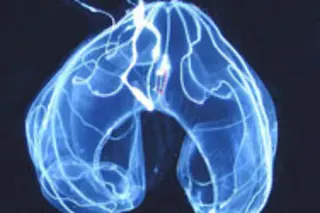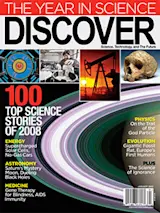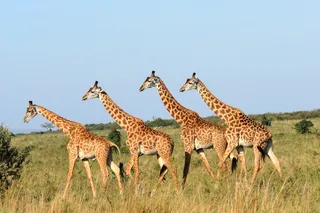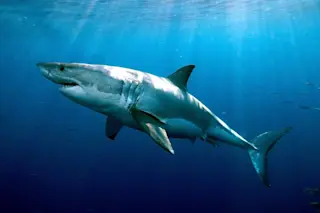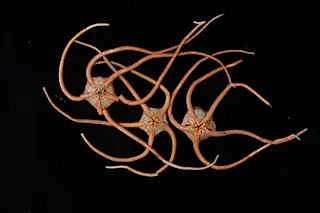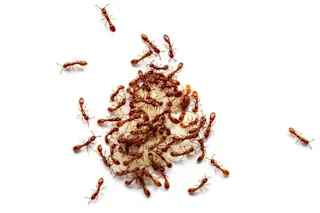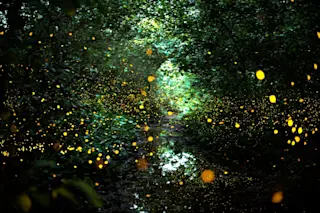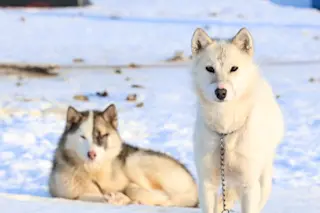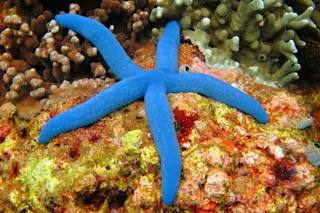For years, evolutionary biologists have believed that the sedentary sponge—that mushy aquatic creature so rudimentary it doesn’t even have tissues or nerves—branched off the animal family tree before any other lineage, making it a relic of the very first animal on earth. But a new analysis of animal DNA, published in April in Nature [subscription required], bestows that honor on the common gelatinous zooplankton known as the comb jelly.
Earlier studies looked at many genes from a few animals or a few genes from many animals, but Brown University biologist Casey Dunn and his team cast a wider net, sampling DNA from all across the genomes of 71 different animals. The genetic signature of the comb jelly stood out as the most unlike any other animal, prompting the loss of status for the humble sponge.
Compared to a sponge, a comb jelly, with its nervous system and connective tissues, looks ...


